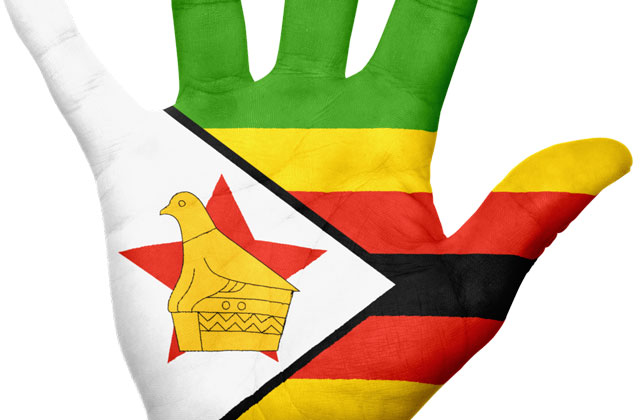
Robert Mugabe’s government has been accused of using new regulated floor prices for telecommunications services as a way of making it unaffordable for Zimbabweans to use social media.
The country’s telecommunications regulator, Potraz, this week began enforcing the new floor prices for both voice and data, arguing the regulations are necessary to protect the sustainability of mobile operators.
A number of African countries, including Nigeria and the Democratic Republic of Congo, have experimented with similar regulations, also allegedly in an effort to protect against damaging competition.
Zimbabwean technology publication Techzim said that from 9 January, voice tariffs have been set at a minimum of US$0,12/minute (R1,65/minute), while data for all bundles has to be a minimum of $0,02/MB (28c/MB, or R286/GB).
The result is that data bundles have become more expensive in a country where GDP per capita in 2015 was estimated at just $1 688 (South Africa: $7 575).
Potraz director-general Gift Kallisto Machengete justified the move as a way of maintaining a balance between service affordability and the viability of mobile operators, according to Techzim.
“Potraz’s aim is to keep the price of data as low as possible while ensuring sustainability of the sector and protection of consumers,” Machengete is quoted as saying.
But the new regulations have come under fire. Opposition politician David Coltart blasted the new rules on Twitter. “Data bundles have gone up by 2 500% in Zimbabwe, directed by the regime — presumably, and unconstitutionally, to stifle the use of social media,” he tweeted.
Coltart described the action as “unjustifiable economically” and “designed to stifle freedom of expression and access to information”. He said the new tariffs are “unaffordable”.
Last year, Zimbabweans used social media actively to criticise Mugabe’s Zanu-PF regime, under the hashtag “#ThisFlag”. The protests were started by a pastor, Evan Mawarire, who posted a series of YouTube videos in which he expressed his love for Zimbabwe and expressed his frustration with the government.
Independent Zimbabwean publication NewsDay reported that Econet, the country’s largest mobile operator, has been the first to implement the new regulations.
The cheapest bundle of data on Econet — 5MB — now costs $0,50 (R6,88, or R1,38/MB). For 10MB, users must now cough up $1 (R13,78), while 2,5GB now costs $50 (R689, or R276/GB). — (c) 2017 NewsCentral Media

